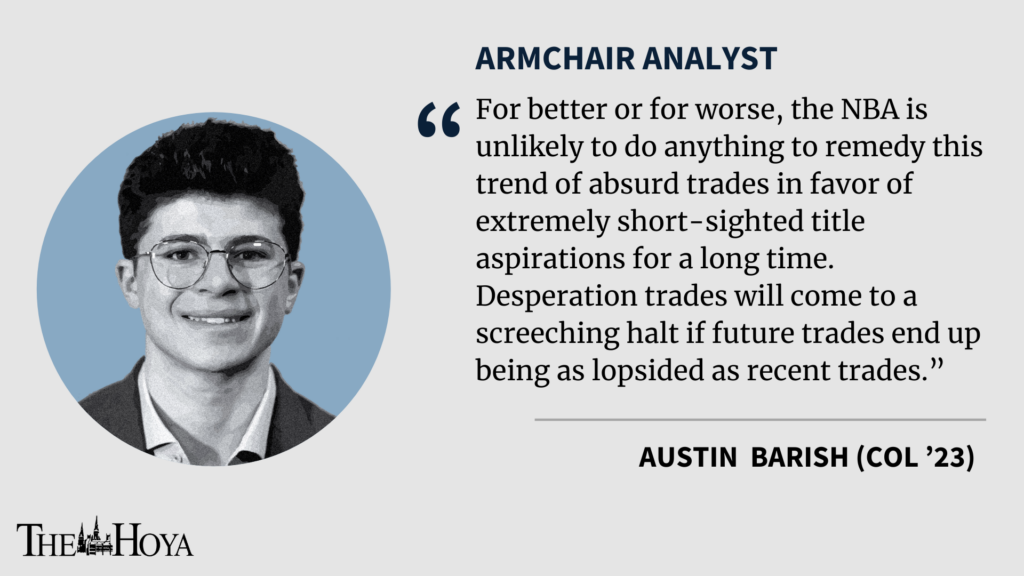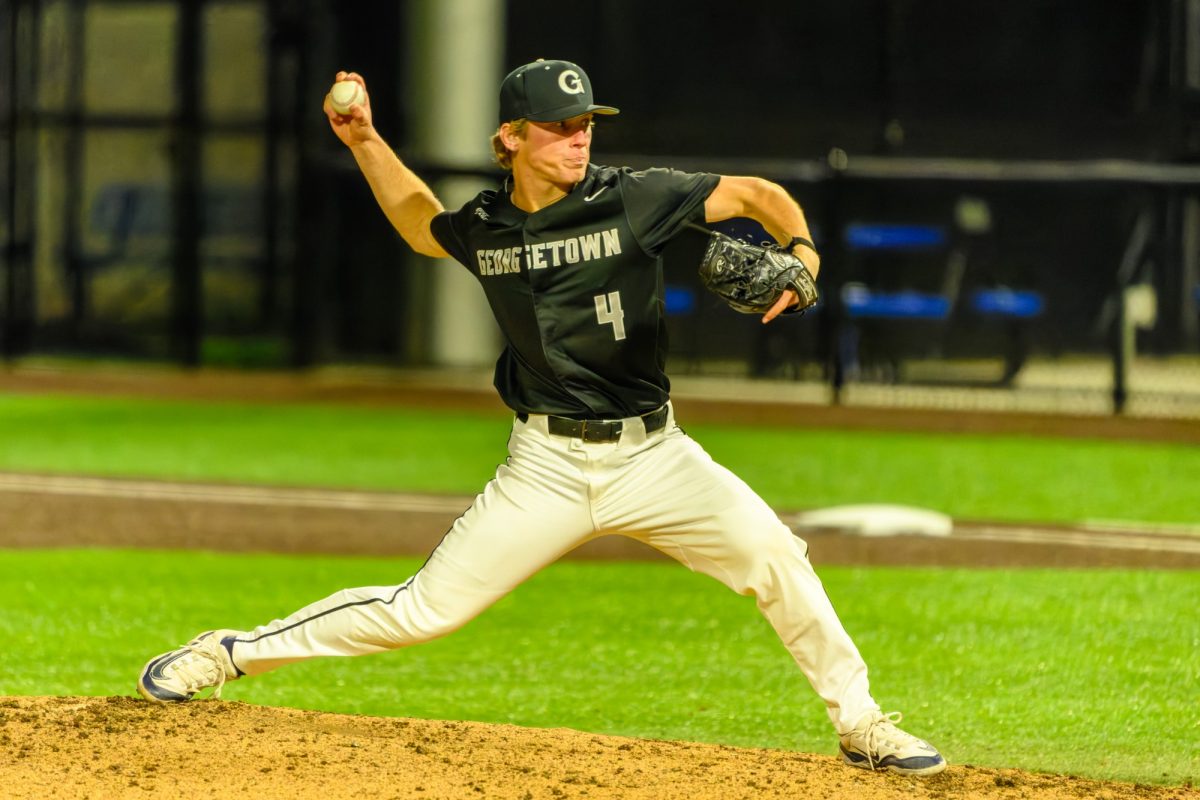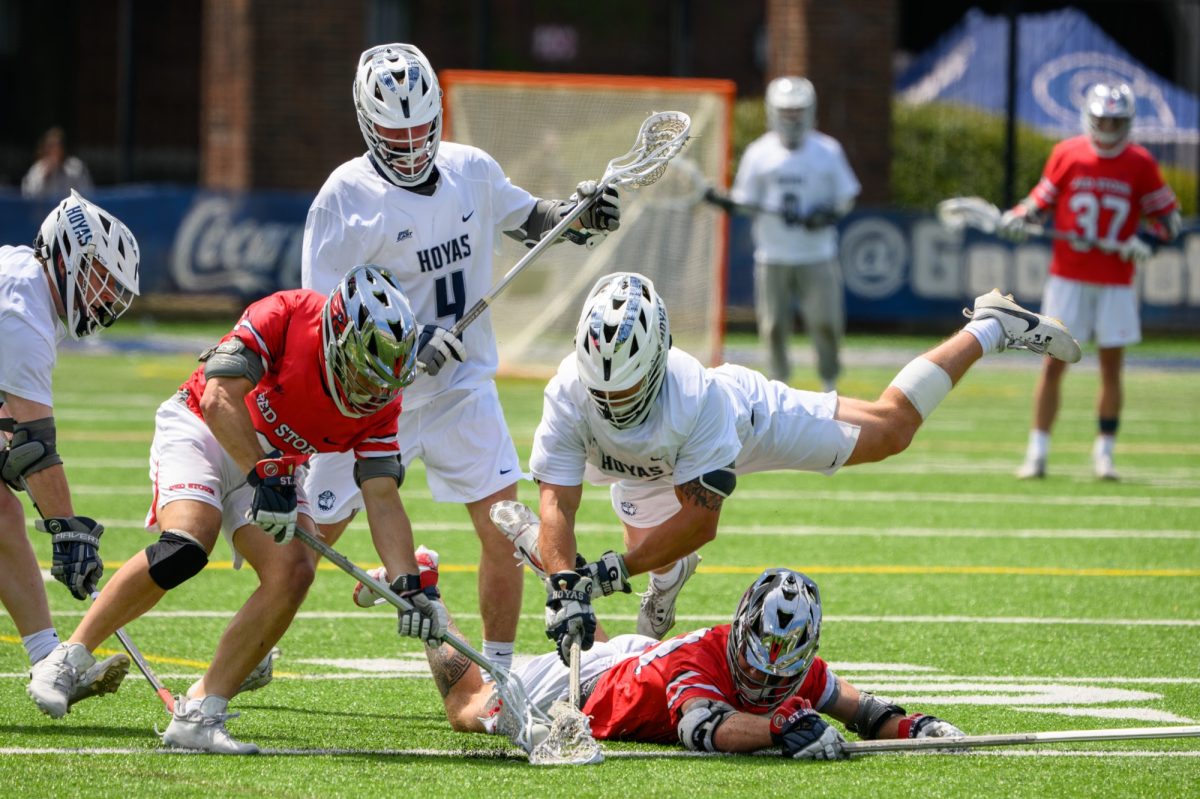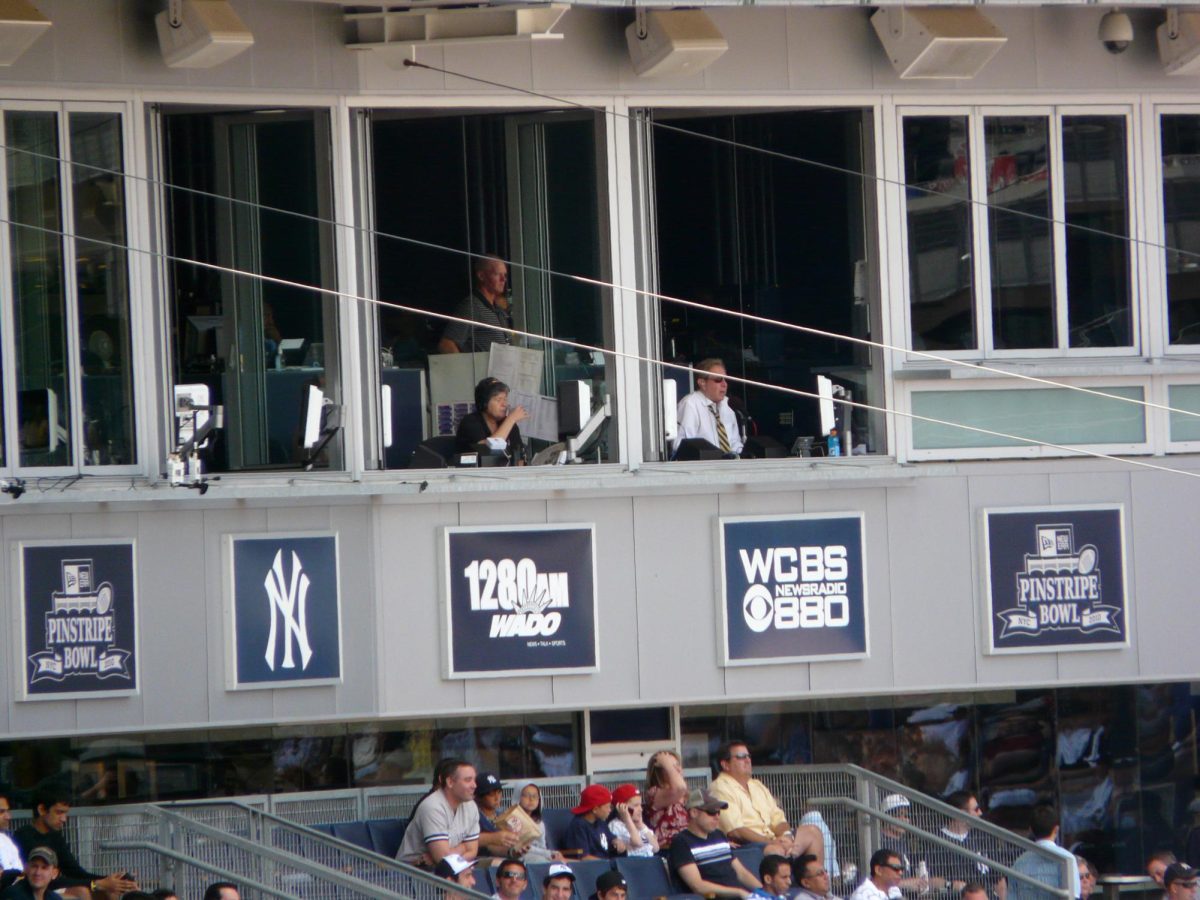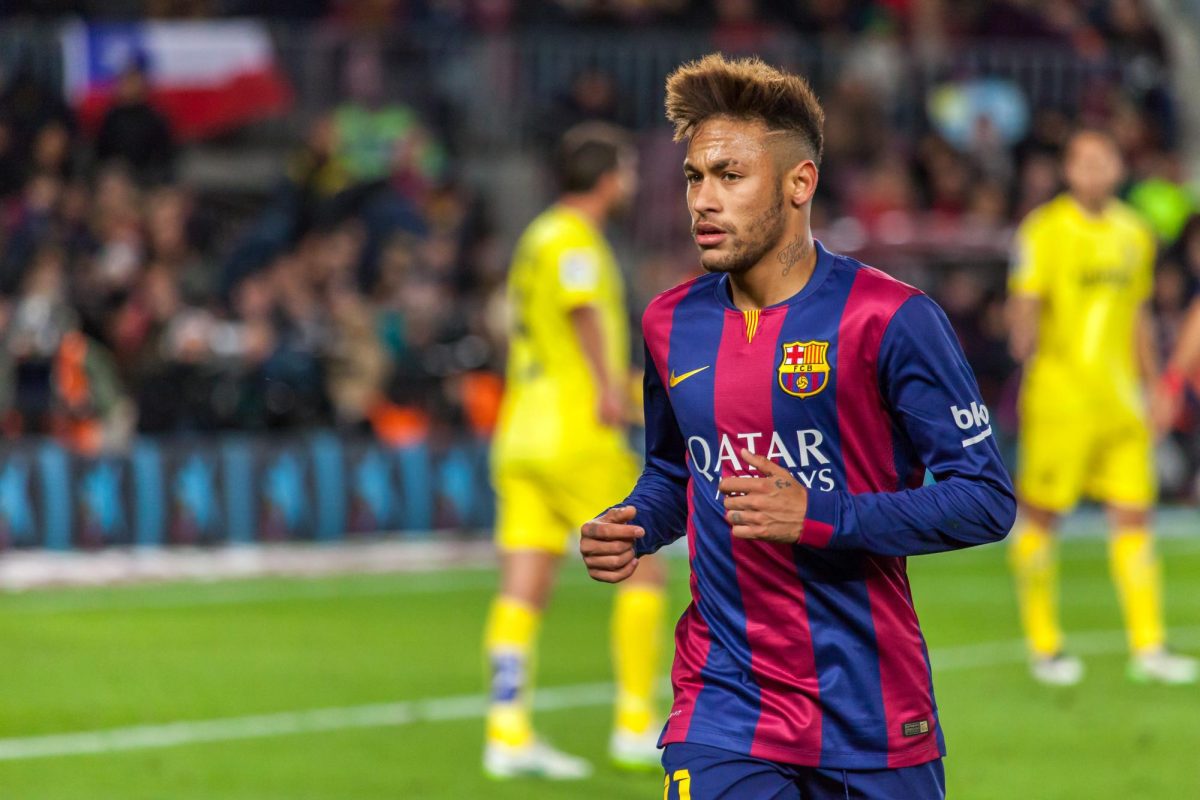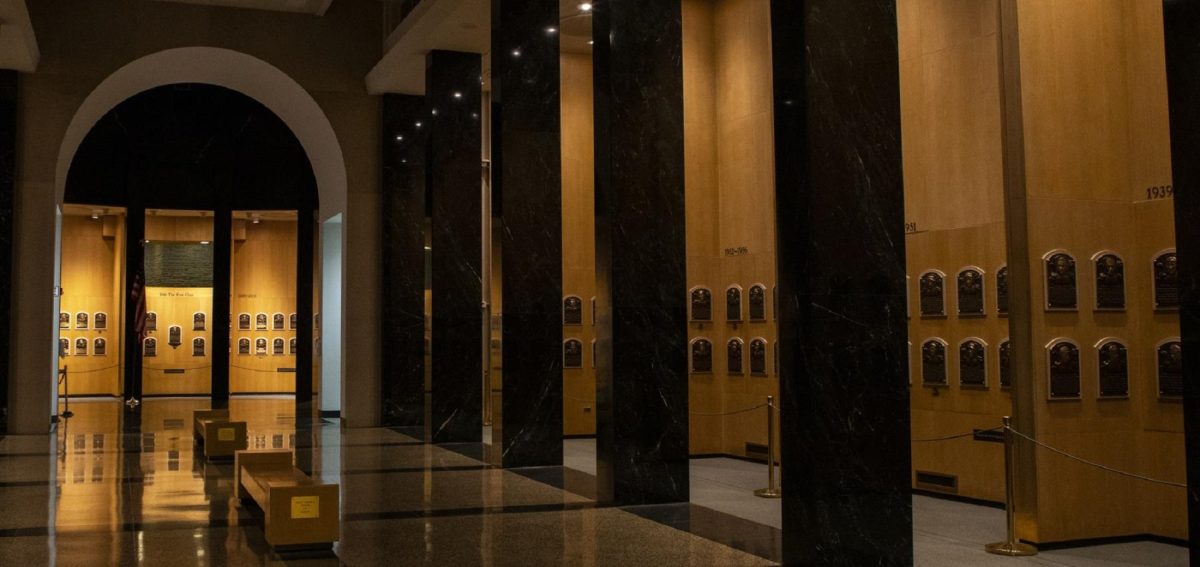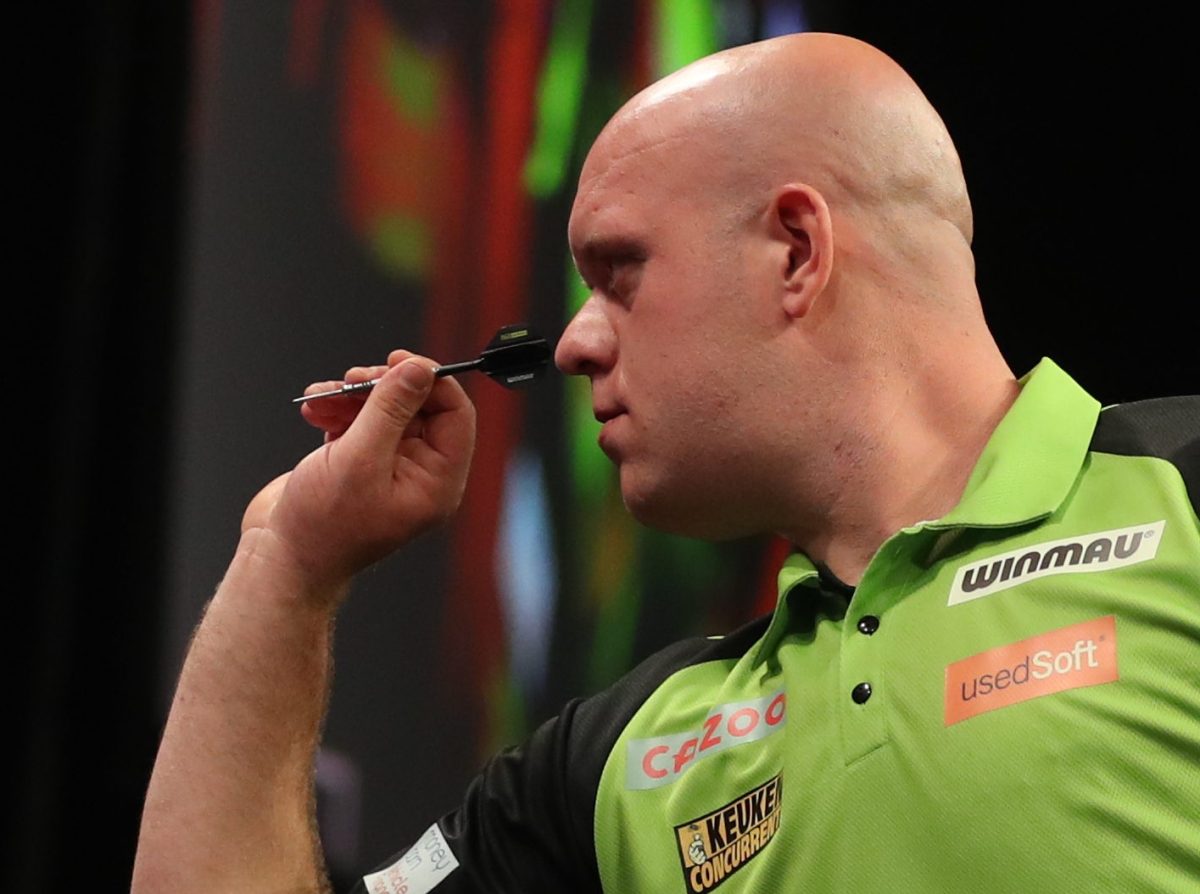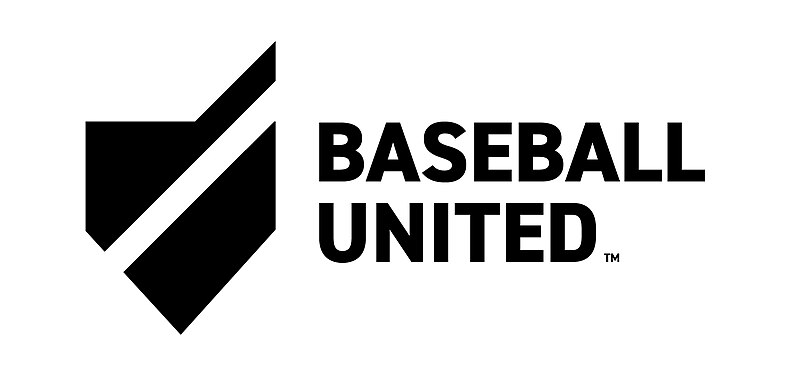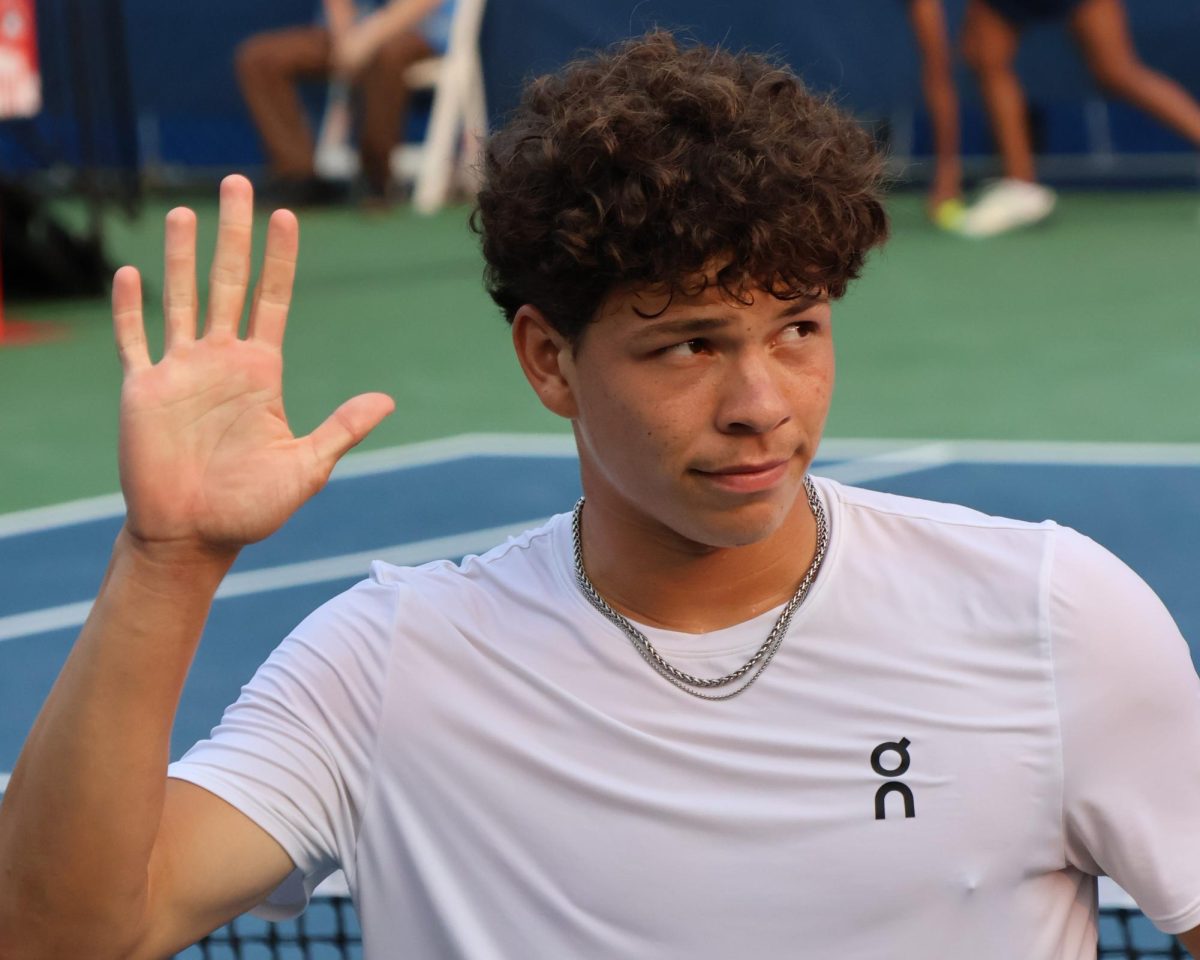On Monday, the Milwaukee Bucks sent a king’s ransom to the New Orleans Pelicans to acquire shooting guard Jrue Holiday, presumably in hopes of getting two-time MVP Giannis Antetokounmpo to re-sign. Meanwhile, former MVP James Harden awaits a deal after pushing to be traded from the Houston Rockets despite having three years left on his deal.
These deals are both continuations of a growing trend around the league: Teams are making absurd trades in favor of extremely short-sighted title aspirations.
Since LeBron James’ infamous decision in 2010, when he left the Cleveland Cavaliers for the Miami Heat in free agency, teams have grown exceedingly cautious about letting superstars get away in exchange for nothing. This anxiety has allowed players, such as Carmelo Anthony with the Denver Nuggets in 2011 or Anthony Davis with the New Orleans Pelicans in 2019, to force their way off teams in the final years of their contracts.
To avoid their stars leaving, teams will now trade them to get some value back for their prized players if they know that these players are planning to leave in free agency. Alternatively, teams like Milwaukee pull out all the stops to keep their stars happy.
Other teams recognize this desperation and have paid unthinkable prices for superstars.
In 2019, Kawhi Leonard made it clear to the Los Angeles Clippers that if they traded for Paul George, he would sign with them. To get George, who had just signed a contract extension with the Oklahoma City Thunder the summer before, Los Angeles had to give up promising rookie Shai Gilgeous-Alexander, Danilo Gallinari, two pick swaps and four first-round picks.
That is a preposterous return for any player. Los Angeles can rationalize its trade decision by realizing it was trading for both George and Leonard, but the team also traded away all their future prospects in hopes of winning a title within the next few years.
Similarly, Milwaukee traded three first-rounders, two pick swaps and two quality veterans in exchange for Holiday. Holiday is a quality player, but he is not a three first-rounders-level player.
For comparison, in 2011, Denver traded then-superstar Anthony to the New York Knicks and received a first-round pick, a pick swap and a few decent players. That return pales in comparison to what New Orleans received from Milwaukee.
Short-term talent accumulation in exchange for massive future value is going to reach a boiling point. If one-time all-star Holiday is worth all Milwaukee is sacrificing, what in the world is a top-five player like James Harden worth? Twenty first-rounders?
Players are obviously going to want to play with the best talent available at that moment and will make a short-sighted decision to do so; they do not care about a first-round pick seven years in the future.
Teams need to start weighing their futures more heavily. Otherwise, the league is doomed to have teams like the 2015-2018 Brooklyn Nets, who traded all their picks for Boston Celtics stars Paul Pierce and Kevin Garnett in 2013. Their stars failed to work well together and Brooklyn became one of the league’s worst teams for years without any draft picks to make up for it.
Today, that 2014 trade is commonly regarded as one of the worst trades in NBA history. It would not surprise me if some of these recent deals face a similar fate.
These deals are only good trades if the teams can win a championship with the players they have acquired. Accumulating talent is not a sure-fire recipe for winning a championship, however; just look at star-studded Los Angeles who blew a 3-1 lead to Denver in the second round of the 2020 playoffs, resulting in the firing of Los Angeles Head Coach Doc Rivers.
There are a couple plausible remedies for the league to prevent teams from mortgaging their futures on winning a championship in a brief window. More regulations on trades could help limit these gigantic draft pick trades, but those rules would be difficult to create.
A more radical solution would be to eliminate max contracts. With larger contracts, superstars would be far more difficult to trade because of their inflated salaries. Additionally, superteams would become far more unfeasible as it would be nearly impossible to stay under the salary cap with more than one or two stars and a competent supporting cast.
For better or for worse, the league is unlikely to do anything to remedy this trend for a long time. Desperation trades will come to a screeching halt if future trades end up being as lopsided as recent trades.
Although, given Brooklyn’s monumental failure six years ago, it seems NBA general managers are willing to ignore the past.
Austin Barish is a sophomore in the College. The Armchair Analyst appears online every other week.


